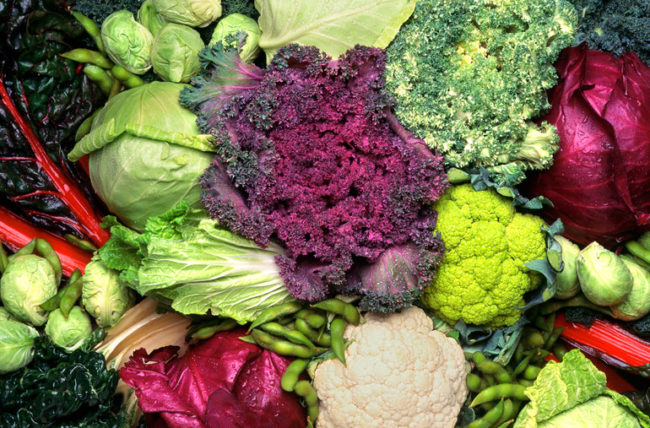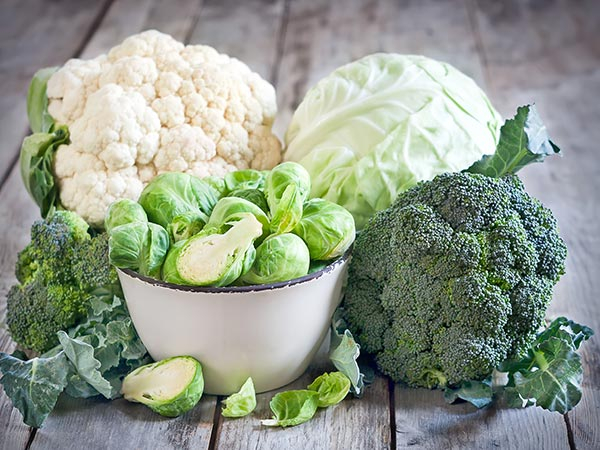Cruciferous Vegetables
Broccoli, Brussels sprouts, cabbage, kale, radishes, and arugula are among the bitter-tasting vegetables of the cruciferous family. These foods contain glucosinolates, which give them their bitter taste and account for many of their health advantages. Glucosinolates have been found in animal and test-tube research to reduce the development and spread of cancer cells, but these findings have not been reliably confirmed in human investigations. While some research indicates that persons who consume more cruciferous vegetables have a decreased risk of cancer, not all studies agree.
Some experts suggest that the variation is related to genetic variances between persons, as well as natural changes in glucosinolate levels caused by vegetable growth circumstances and cooking methods. More investigation is required. Glucosinolates in cruciferous vegetables help your liver enzymes handle toxins more efficiently, minimizing their harmful effects on your body in addition to their possible cancer-fighting properties. While there are no official recommendations, some evidence shows that consuming at least five servings of cruciferous vegetables each week delivers the most health advantages.











